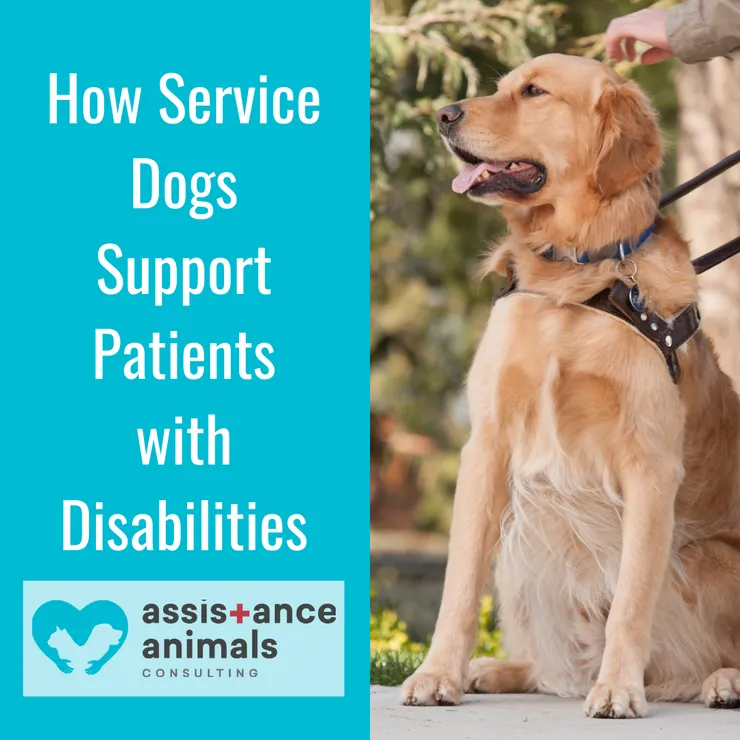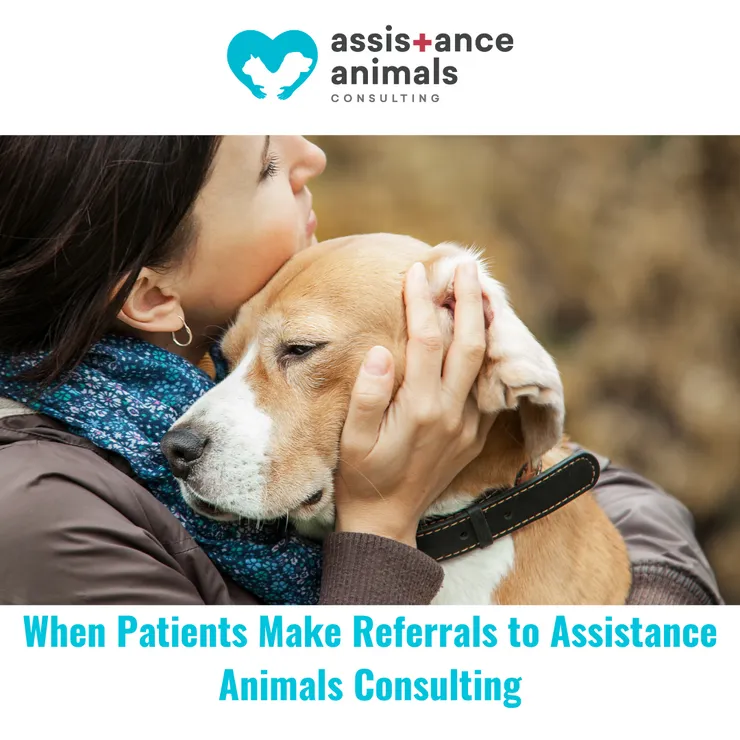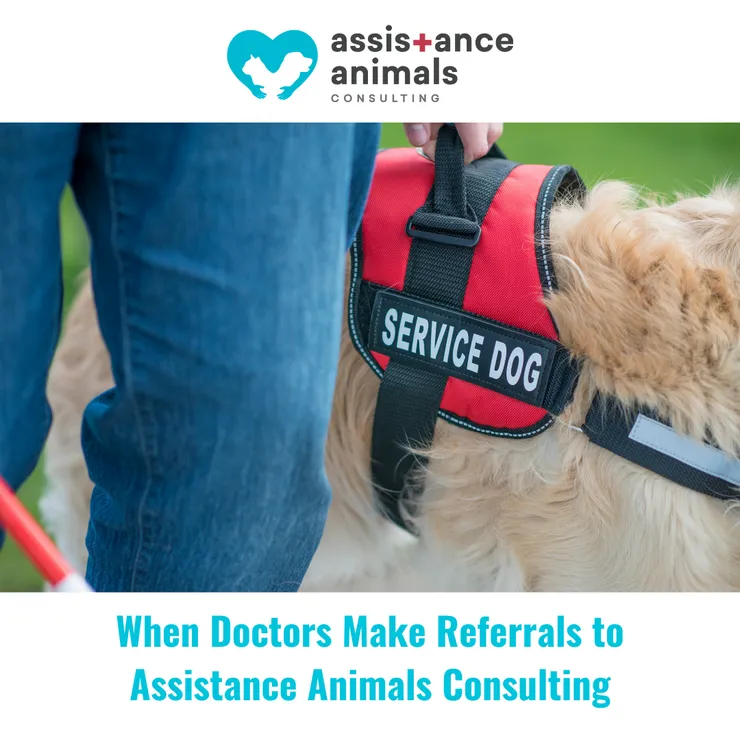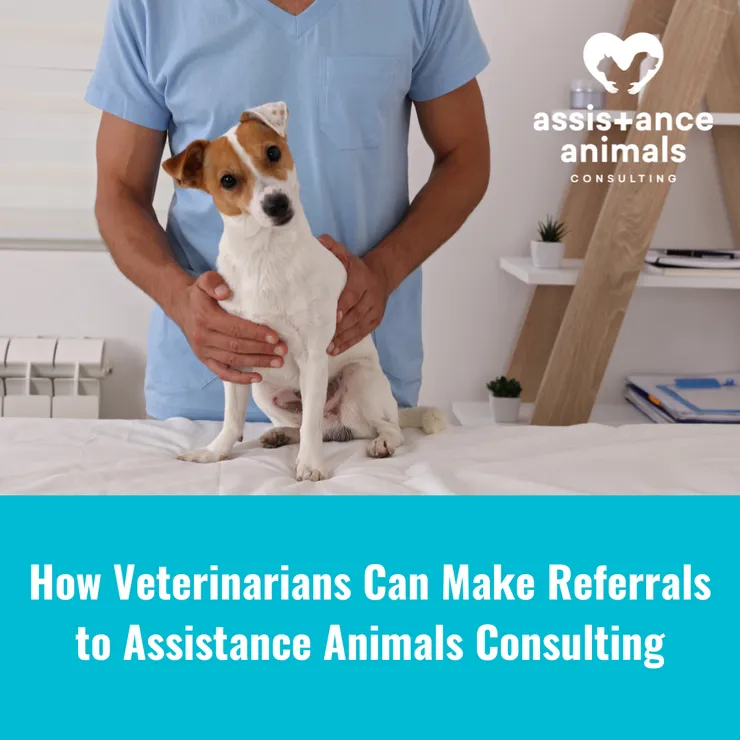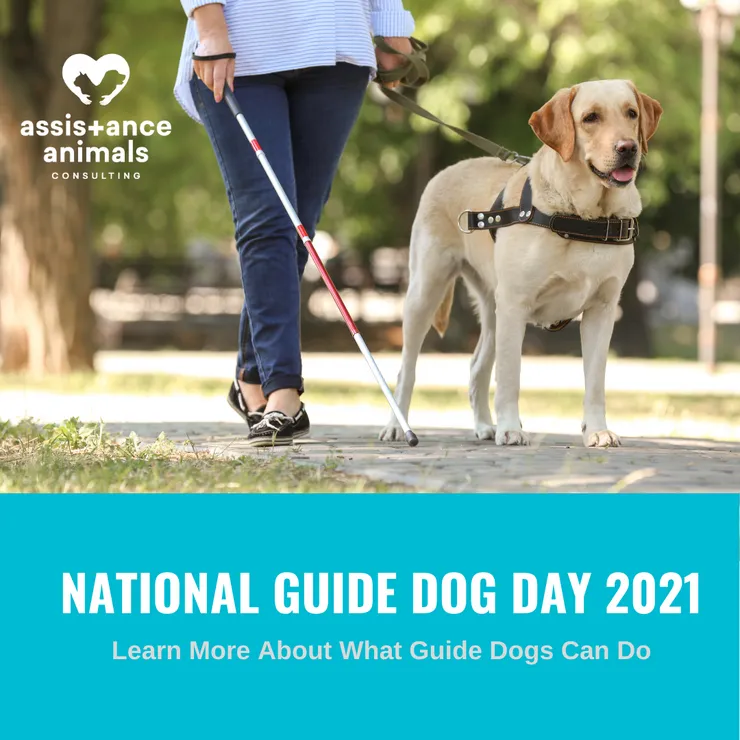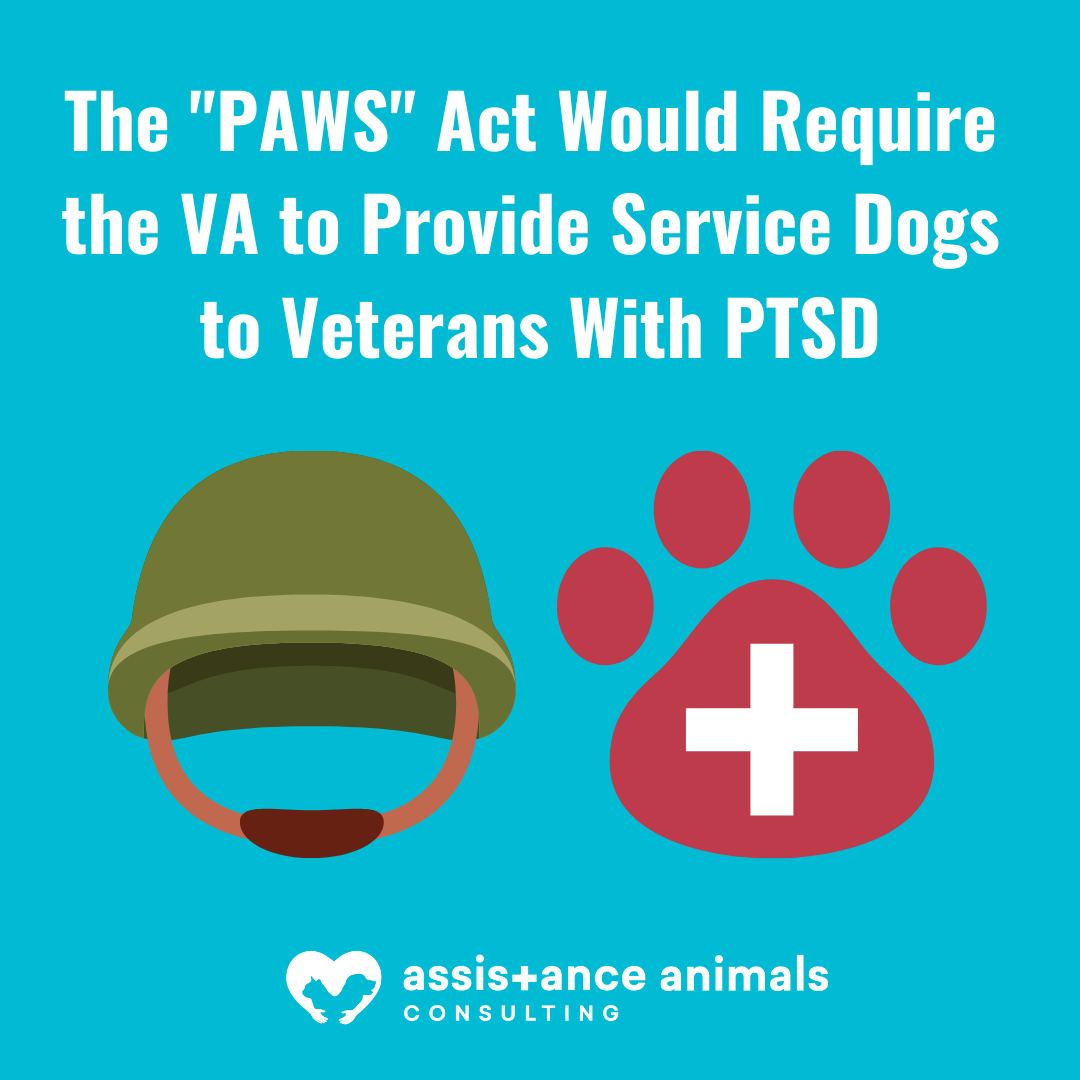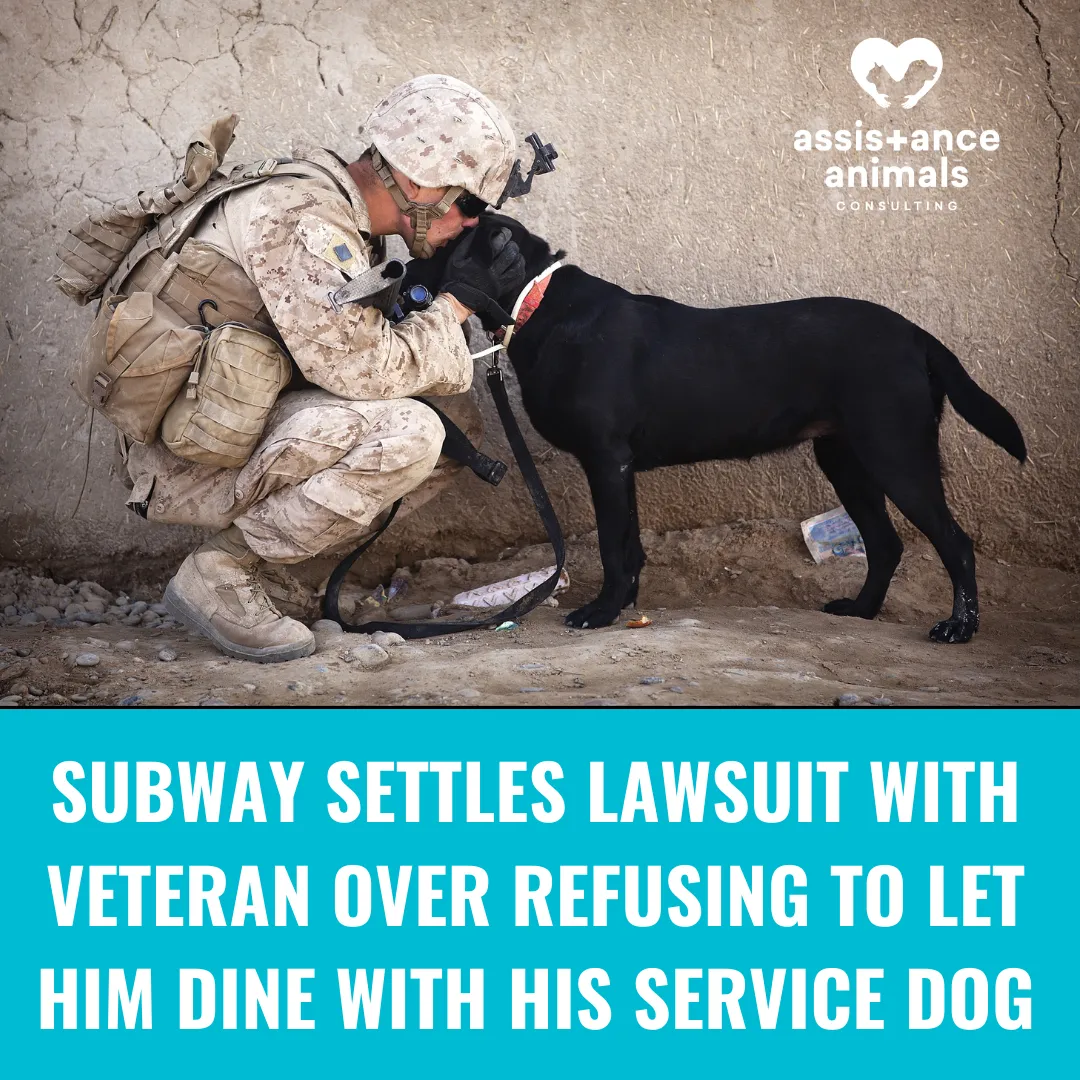New Maryland Bill Would Allow Therapy Dogs in Schools
New Maryland Bill Would Allow Therapy Dogs in Schools
The body content of your post goes here. To edit this text, click on it and delete this default text and start typing your own or paste your own from a different source.

Under the law — filed in the House of Delegates as HB713, and in the state Senate as SB419 — certified dogs would be permitted entry to offer emotional and scholastic support for students. However, exactly how that should happen would be decided by each county board of education.
Sponsor Sen. Ben Kramer, D-Montgomery, told Capital News Service that "having a dog nearby would be an ideal way for students to power down and relax in learning environments — and that the animals’ unconditional love is invaluable for children."
Schools would not be required to provide the dogs, but the bill would allow the therapy animals to enter school buildings with a trained handler. Ultimately, schools will be responsible for providing detailed policies for how and where the dogs may be used. The bill encourages boards of education to consider creating clear guidelines for dog handlers, and offer detailed communication with parents and students to inform them on the policies.
According to the AVMA:
"Animal assisted interventions should be governed by basic standards, be regularly monitored, and be staffed by appropriately trained personnel. Animal-assisted interventions should adhere to best practice and have goals (in the areas of health, wellbeing or education) with measurable outcomes. The health and welfare of the humans and animals involved must be ensured. Veterinarians' involvement in these programs from their inception is critical because they serve as advocates for the health and welfare of animals participating in these programs, and as experts in zoonotic disease transmission."
When it comes to school boards determining their own policies - Dr. Rhesa Houston, DVM - says that she believes, "It is crucial for a veterinarian to be included in the planning process for animal therapy programs. At Assistance Animals Consulting we can provide guidance, resources, and education to the school staff, students, and animal handlers. As a human-animal bond certified veterinarian that specializes in work with service dogs, emotional support animals, and therapy animals, I strongly suggest that school boards partner with both animal handlers and a veterinarian to ensure all concerns are handled effectively while drafting new policies."
According to WTop News, school social workers brought this legislation to Del. Michelle Guyton, D-Baltimore County, before last year’s session. They said they had immense success with therapy dogs, but the lack of county or statewide guidance was an obstacle. As a dog lover whose sons had made use of canine therapy, Guyton was immediately interested. “We really, really believe in this program,” she said. Therapy dogs can serve a number of purposes. They can be used for emotional support, or, on some occasions, to help nervous students in the classroom, Guyton said.
The SPCA of Maryland’s Wagging Tales program provides learning experiences that strengthen students’ literacy skills and empower them to treat animals with compassion and respect. Community Relations Director Katie Flory saw that uncomfortable readers became far more relaxed — and that their performance improved in the classroom when therapy dogs were present. “When you’re reading to a pet, there’s no judgment there. While dogs don’t serve as a panacea", Flory said, "they can help teachers and students alike — assisting with learning as well as fostering a more comfortable environment."
“This is a missing resource right now that I feel like could be really beneficial,” Flory said.
A common misconception is that dogs will be around throughout the day, Flory said, but that’s not usually the case. Wagging Tales has found that targeting certain subjects — English, for example — or even going into a class at the right times, can maximize learning potential.
Del. Guyton drew inspiration for the new bill from a therapy dog program in New York City, which saw positive results after having dogs in 55 public schools. Some of their members are going to give testimony during the bill’s hearing in Maryland next week.
The challenge is that the definition of a therapy dog is complicated. They are not the same as emotional support dogs, or as Americans with Disabilities Act service dogs. Service dogs are trained to cater to handlers’ specific disabilities, like offering sight support to the blind. Therapy dogs are different, often providing psychological or physiological support to other individuals rather than only to their handlers. With this in mind, the demeanor of therapy dogs should be calm, well behaved, and more affectionate.
A similar bill previously proposed did not pass last year. Some organizations raised concerns about the legality of having dogs in the classroom. One example came from The Maryland Association of Boards of Education, who argued the law would “unreasonably mandate” dog usage in a way that was inconsistent with current federal and state codes.
Maryland state law allows service dogs to accompany individual students in schools under the criteria provided by the Individuals with Disabilities and Education Act. However, under the current law, how frequently students are allowed to use the dogs in schools is decided on a case-by-case basis. There is no standardized policy for general use for students who are not allowed provisions under the Individuals with Disabilities and Education Act. Currently, therapy dogs are not defined as ADA service animals, meaning schools have no existing criteria to permit them.
Del. Michelle Guyton believes that this year’s bill will ease more of those concerns for county boards of education. “I feel like those issues have been mostly addressed,” Guyton said. Committee members will hear those concerns — as well as support — next week in bill hearings on Wednesday and Thursday.
The debate about using therapy animals and emotional support animals compared to using trained service dogs in public spaces has impacted other industries recently as well. Previously ESAs were allowed on-board many flights and traveled for free with a prescription letter, but the DOT changed the rules for animals on flights in December - and made it clear that airlines were only obligated to do so for trained service dogs. Since then, many U.S. airlines have updated travel policies insisting that ESAs and therapy dogs should be considered as pets and subject to travel fees.
The AVMA recognizes that the human animal bond has existed for thousands of years and that this relationship is of significant importance for veterinary medicine and human health and wellbeing. As veterinary medicine serves society, it fulfills both human and animal needs.
Animal-assisted activities (AAA) and animal therapy programs provide opportunities for motivation, education, or recreation to enhance quality of life. The human-animal bond has been proven to positively impact human health and well-being in a variety of ways. For students, learning with and spending time with animals can help improve mood, reduce anxiety, teach responsibility, and may help improve socialization.
Assistance Animals Consulting realizes the value of animal-assisted interventions from first hand experience and advocates for more utilization of assistance animals and therapy dogs. Dr. Houston, says, "I hope we will see more schools and organizations take part in animal therapy programs. I believe in the power of the human-animal bond, and it's positive affects on both the animals and the humans they support."
---
If you would like more information about how Assistance Animals Consulting could help your school or organization with planning or implementing an animal therapy program, contact us here.
